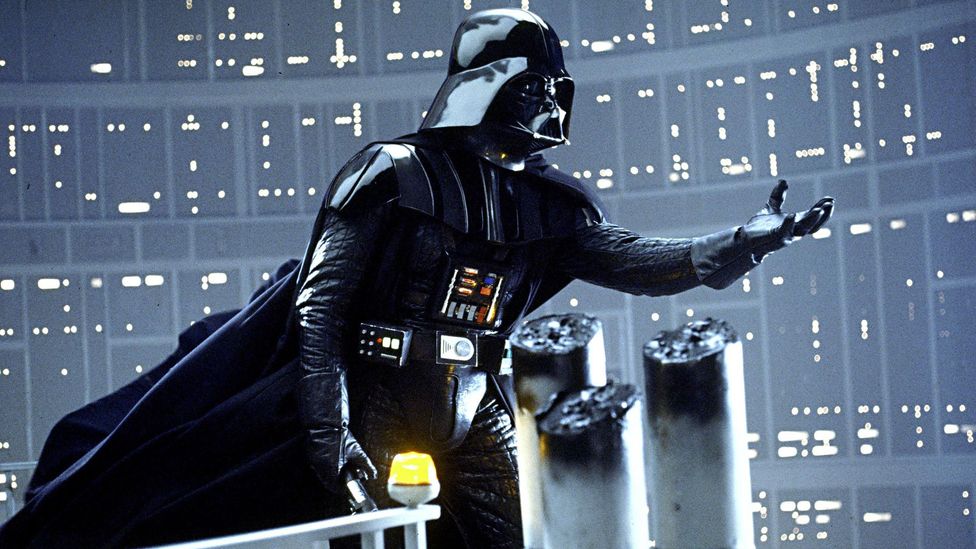By Matthew Moorcroft
Highest Recommendation
- Directed by Irvin Kershner
- Starring Mark Hamill, Harrison Ford, Carrie Fisher, Billy Dee Williams
- PG
Welcome to Star Wars Wednesdays! Every Wednesday I’ll be talking about/looking at a new piece of Star Wars media, starting with the movies and going onwards into the shows, games, and maybe even comics and books if people are interested. These will work differently from my normal reviews as they will be also discussing the piece as it works within the canon of Star Wars as a whole.
Early on in The Empire Strikes Back, Luke gets taken by a massive snow creature called a Wampa. We barely see this creature outside of brief glimpses (though the special edition somewhat changes this) and the most we get is that it’s a massive, lumbering monster that can take down a full grown human pretty much right away as well as their tauntauns. In order to escape, Luke has tap into the Force and grab his lightsaber to free himself, narrowly escaping death… only find himself in the middle of a snowstorm, possibly on the verge of death again.
It’s a perfect start to Empire cause the rest of the film takes A New Hope’s cliffhanger structure – one bad situation into the next – and brings it to it’s logical extreme. An expertly laid series of death traps, trials, and pain, The Empire Strikes Back is a film that’s much darker then it seems on the onset and that’s part of the reason why it’s so unbelievably great. It’s lauded constantly as “the dark one” but when you actually dive deeper into it it’s a shockingly sad film, but not one without purpose or drive.
If the goal of a middle chapter is to make it’s protagonists go through challenges before they reach their goal, then The Empire Strikes Back makes those challenges as personal and as internal as possible. For sure, there is an external threat – the Empire hot on the heels of the Rebellion at almost every single turn – but the real character conflicts are all those self-inflicted. Luke’s fear of turning into Vader and his impatience. Han’s inability to truly commit to anything. Leia’s denial of her feelings, not just for Han but in general. It’s all there and it’s laid out bare for the audience to absorb.
With Irvin Kershner taking over to direct from Lucas, who has taken a backseat this time around as a story overseerer, and new writing from the ever amazing Lawrence Kasdan, the film’s technicals simply just pop off the screen. The colours are more muted and deep but also more vibrant; the heavy oranges in Cloud City are the big highlight visually, and the climatic lightsaber duel in almost entirely silhouette is a visual feast for the eyes. Despite it over 40 years old at this point, it holds up magnificently, quite possibly one of the best looking films of it’s era and easily the best looking of the OG trilogy, lacking some of Return of the Jedi‘s wonkier background effects and A New Hope‘s small moments of low budget.
But it’s really the dialogue writing where Empire shines the most. Gone are Lucas’ focus on declarations, instead replaced by thoughtful, intelligent dialogue and interplay. Han and Leia bicker but have a rapport, Luke’s interactions with Yoda are magical and feel like out of a fairy tale, Vader’s running gag of killing his admirals which is a brilliant bit of black comedy, it’s all sublime. It’s the kind of blockbuster writing you rarely get anymore, one that is so in focus with it’s tone and scope that it feels just right.
Is Empire Strikes Back the perfect movie? Honestly, probably. I can’t think of a single thing with it that I would change, something out of sync or something that’s really grating. It’s honestly as perfect as movies can get to perfect, and it was proof that Star Wars could live beyond it’s original film in the best way possible. Still a masterpiece.
